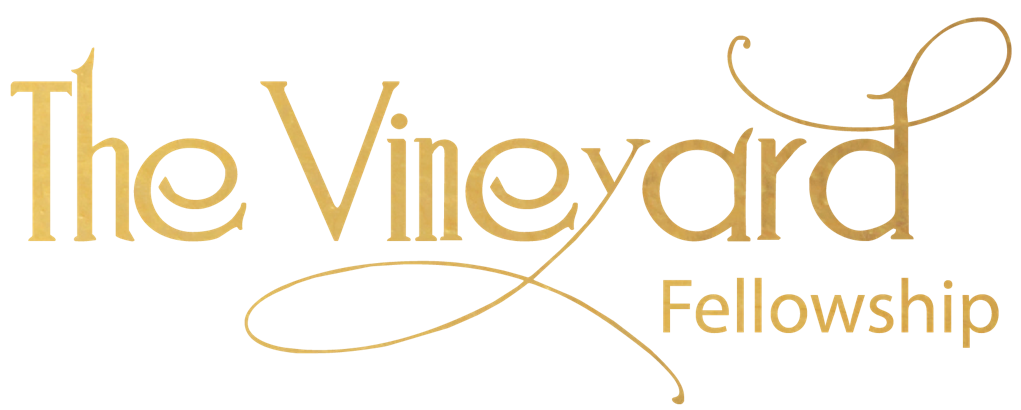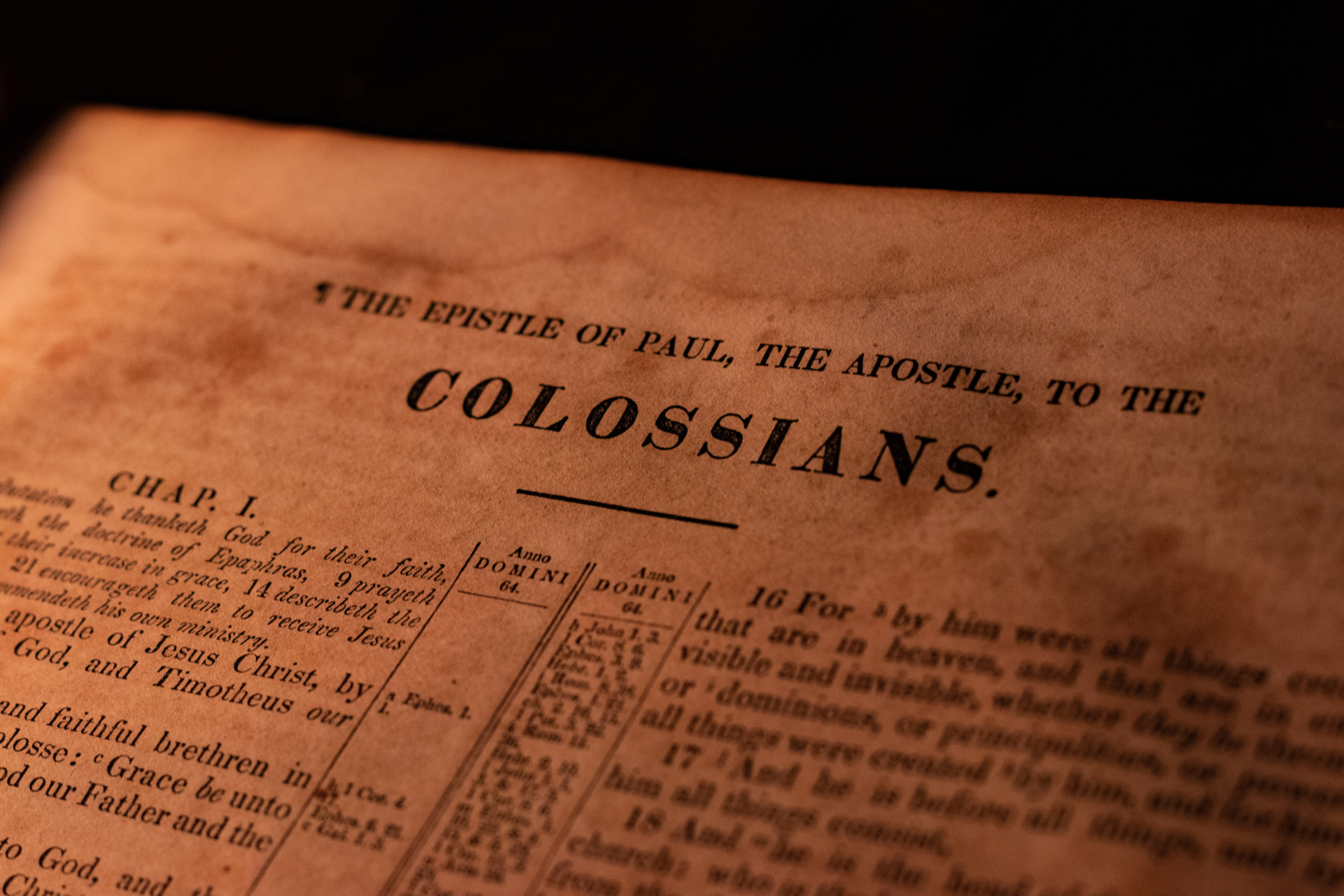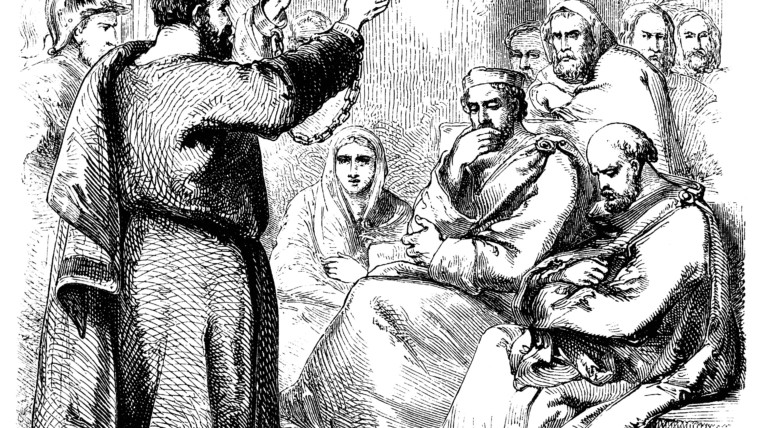Understanding Colossians
by Christine Egbert
Many have been conditioned to assume that in Colossians 2:13-14, when Paul wrote, “And you, being dead in your sins and the uncircumcision of your flesh, He made alive together with Him, having forgiven all your trespasses, blotting out the handwriting of ordinances against us, that were contrary to us, and has taken it out of the way, nailing it to the cross,” that he just declared the Torah nailed to the cross. But if that were the truth, and it’s not, then Paul lied in Acts 25:8, when he defended himself against the charge (found also in Acts 21:28) that he taught against the Torah.
So then, to what did Paul refer when he spoke of ordinances, contrary to us, that got nailed to the cross? Our trespasses. They were against us, so Jesus (Yeshua) nailed them to the cross.
Colossians 2:16-17 “Therefore, do not let anyone pass judgment on you in matters of food or drink, or in respect to a festival or new moon or Sabbath. These are a foreshadowing of things to come, but the reality is Christ.”
The Festivals are “moedim”, set-apart appointed times. They’re “miqra kodesh”, divine rehearsal, The LORD’s (Yahweh’s) prophetic shadow-pictures that reveal the Creator’s plan for salvation and redemption. Paul instructed the Colossians not to let their pagan contemporaries judge them in keeping God’s ordained Feasts, New Moons, and Sabbaths.
Paul goes on in Colossians 2:18-23 to say this:
“Let no one disqualify you by insisting on false humility and worship of angels—going into detail about what he has seen, puffed up without cause by his fleshly mind. He is not holding fast to the Head. It is from Him that the whole body, nourished and held together by its joints and tendons, grows with a godly increase. If you died with Christ to the basic principles of the world, why—as though living in the world—do you subject yourselves to their rules? Don’t handle! Don’t taste! Don’t touch! These all lead to decay with use, based as they are on man-made commands and teachings. Indeed, these are matters that have an appearance of wisdom in self-made religion and humility and self-denial of the body—yet none are of any value for stopping indulgence of the flesh.”
To properly understand this passage, one must know the geography and history of Colossae. It was a pagan metropolitan city in Phrygia, Asia Minor, 15 km southeast of Laodicea, the congregation Jesus (Yeshua) warned, in Revelation 3:17, “You say, ‘I am rich. I have made myself wealthy and need nothing.’ But you do not know that you are miserable, pitiable, poor, blind and naked.”
Many in this Colossian congregation mixed human philosophy, based on the traditions of men, with biblical truth. Their philosophy held to a Greek form of dualism that believed all matter was evil and only pure spirit was good. Paul warned them to be on the alert for philosophical religious arguments based on human tradition, on empty speculations of men, rather than the sure revelation of God.
Their philosophy, an eclectic Phrygian mysticism, contained ascetic elements designed to control the flesh. This Colossian heresy included the worship of angels (fallen angels and demonic spirits). It flaunted the exclusivity of mystery and superiority embedded in Gnosticism, which taught salvation, not by faith, but through esoteric, occult knowledge procured through mystical experiences. Seeing themselves as the “spiritual aristocracy” of the church, Gnostics promised “perfection” through prescribed ceremonies that put them in touch with heavenly beings.
So you see, Paul was not teaching against God’s instructions, His Torah. He was preaching against manmade regulations. I will close with Paul’s words in Colossians 3:16-17 “Let the word of Christ dwell in you richly, teaching and admonishing one another with all wisdom in psalms and hymns and spiritual songs, singing with gratitude in your hearts to God. And whatever you do in word or deed, do all in the name of the Lord Jesus, giving thanks to God the Father through Him.“



